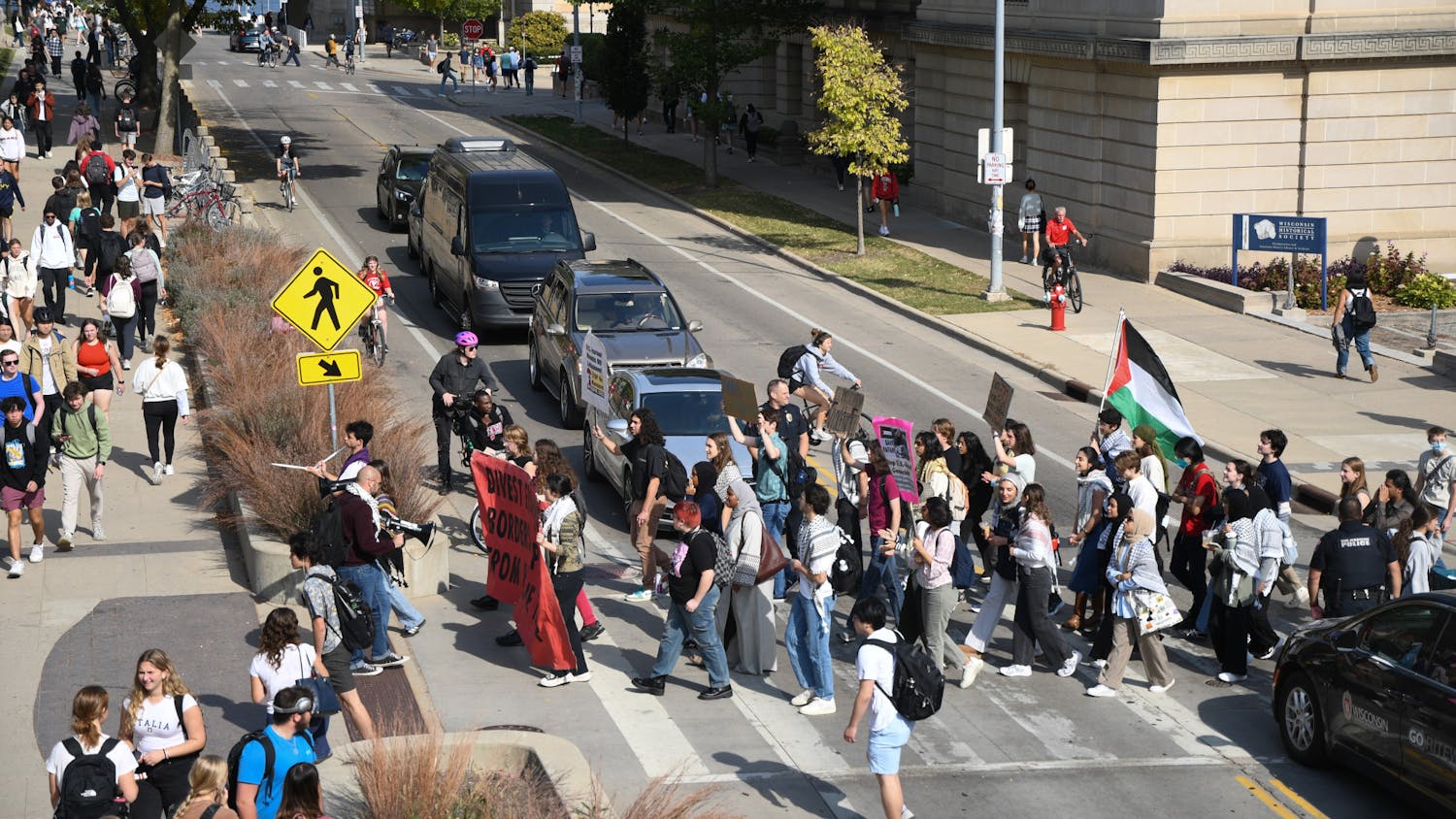They are voting with their feet.
That's what Afghan refugees are doing as they scramble throughout their country in fear of an impending U.S. attack, says a former United Nations worker. Consumed by war for more than 20 years, the people of Afghanistan are war-weary and terrified that more fighting is coming. They do not want to be there when the onslaught arrives.
So they are fleeing, but with nowhere to go. Neighboring countries have closed their borders. Relief agencies have been shut down and it is projected that food and medicine supplies inside Afghanistan will run out within a month. As winter approaches, the situation in a country that was already facing one of the worst humanitarian crises in the world could, inconceivably, get worse.
The U.S. government believes it knows the culprit behind the most devastating terrorist attack to ever to hit American soil. But the accused perpetrator, Osama bin Laden, has found protection with the help of Afghanistan's Taliban government, placing the country, and its people, in the middle of an international war against terrorism.
Yet even before Afghanistan became the center of the world's attention, the country was steeped in its own domestic strife. A possible attack on Afghanistan soil is 'just another problem' added to the staggering list of crises the country has faced, said Frank Conlon, a professor of Pakistan and South Asian history at the University of Washington.
'The United States certainly has a new problem. But Afghans have had problems all along,' Conlon said. 'It is pretty desperate there.'
Roughly the size of Texas and covered with rugged mountains, Afghanistan is, as one expert puts it, 'a living hell.' Suffering from extreme poverty, the Afghan people are now confronting a fourth year of drought. There is little, if any, rain. The people roam the country searching for sustenance. The economy is a disaster and electricity is rare. The Taliban government has stifled nearly all their political freedom. War has plagued the country for more than 20 years, leaving behind a considerable death toll and scores of land mines.
The Taliban, the most recent group to claim power in Afghanistan, is just one in a long line of political factions to seize power. For the past two decades, civil war has overtaken the country as different rebel movements fight for authority. In 1979, the Soviet Union invaded Afghanistan to help install a Marxist-inspired regime. Various rebel forces, or 'freedom fighters,' fought a bloody civil war in opposition, with much support and supplies provided by the United States. In 1994, one of those rebel groups, the Taliban, emerged and has been in power ever since.
The Taliban maintains its power by brute military force and rigid decrees, said Thomas Gouttierre, director of the Center for Afghanistan Studies at the University of Nebraska-Omaha. Many hoped the Taliban, devout followers of an extremist form of Islamic fundamentalism, would bring stability after years of war, he said.
But what Afghans found instead was a government of cruelty and oppression, Gouttierre said. Women are discouraged from going out in public, denied education and proper health care. Criminals often face public amputations or executions.
'Living in Afghanistan is like living in a religious concentration camp,' Gouttierre said. 'No one can listen to music. You are imprisoned for owning a TV. Thieves are amputated. Women are kept from going out in public, and if they do, they must essentially cover themselves with a tent.'
Gouttierre, who lived and worked in Afghanistan from 1964 to 1974, said the country he resided in 30 years ago is vastly different from the one that exists today. Kabul, the once beautiful capital city, has now become a living graveyard, Conlon said.
'It was a poor country ... but, exceedingly engaging. Girls were going to school, a progressive government was in place, development was happening,' Gouttierre said.
But that 'exceedingly engaging' country of the past is now engaged in political suppression, starvation and the possibility of war. The United States government has declared any nation 'that continues to harbor or support terrorism' to be regarded as a 'hostile regime.' Afghanistan is not immune to this threat. The Taliban has refused to disclose any information regarding bin Laden's current whereabouts.
Conlon said the Taliban, along with other fringe terrorist groups, views the United States as the powerful 'other.' They deride our economic policies and abhor our 'immoral' pop culture, with what they believe is its emphasis on sexuality and consumption. They also believe their form of Islam is in danger, he said. Their aspirations are not national, but rather religious; they seek an Islamic community that transcends borders. The Taliban sees no reason to cooperate with the United States, Conlon said.
But if the United States, along with its allies, were to attack terrorist forces in Afghanistan or other countries harboring terrorists, it would not just be the citizens who may suffer. Though the U.S. government has postured its rhetoric as a 'war on terrorism,' other countries might not see it that way, he said.
'Bombing Afghanistan is going to destroy any kind of moral edge we have,' Conlon said. 'It will be seen as making war on Islam. Countries like Jordan, ... Syria, Egypt would be hard pressed to cooperate with us further, I think.'





